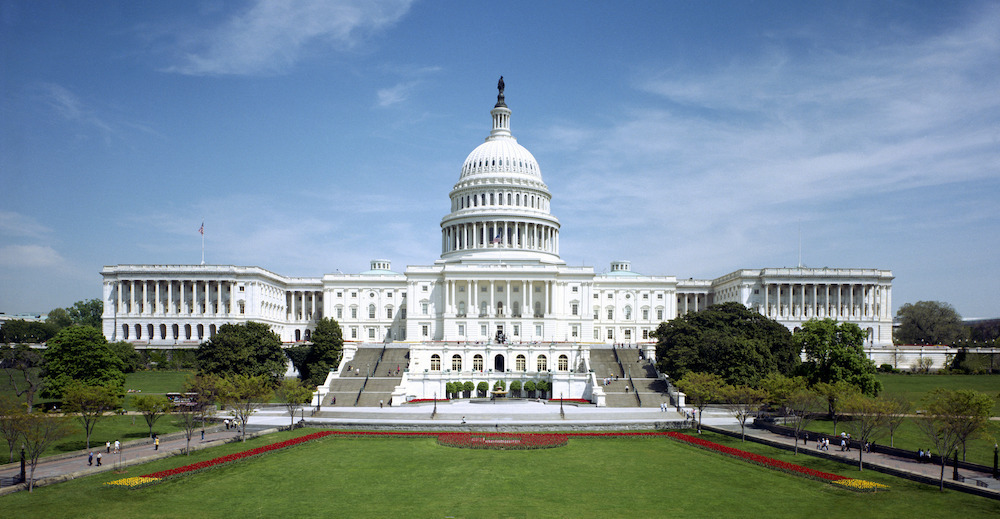The U.S. House Judiciary Committee held a seventh and final hearing on an investigation into the business practices of Amazon, Apple, Facebook and Google, laying the groundwork for potentially censorious new legislation.
During today's hearing, committee chairman David Cicilline (D-RI) provided an overview of the investigation so far, outlining recurring themes that could inform reforms to existing antitrust law, reports CNBC.
Expert witnesses also offered testimony on mergers and the need to separate businesses within an entity that might cause a conflict of interest. The latter consideration is of notable importance to Apple, which is under the microscope for promoting its own apps in the App Store.
According to the report, Cicilline discussed themes including the shifting of responsibility to companies to prove that mergers will not harm competition, separating business verticals to minimize conflicts of interest, enhancing enforcement agency resources, prohibiting "discriminatory behavior," and reversing court decisions that "changed the intention of Congress" on antitrust law.
A congressional aide told the publication that committee members will likely review the report in the coming days prior to a public release. Lawmakers are expected to take up the recommendations to introduce formal bills, though any proposed legislation is unlikely to proceed until the next Congress enters session.
Today's session was held two months after CEOs of America's biggest tech companies offered testimony and answered questions about their respective businesses.
Apple CEO Tim Cook faced relatively light scrutiny, but was grilled on mandatory App Store fees and pushing users to first-party apps instead of third-party solutions, among other issues.
"In the more than a decade since the App Store debuted, we have never raised the commission or added a single fee. In fact, we have reduced them for subscriptions and exempted additional categories of apps," Cook said in his prepared testimony. "The App Store evolves with the times, and every change we have made has been in the direction of providing a better experience for our users and a compelling business opportunity for developers."
Adding to the overarching government examination, Apple has recently faced intense pushback on App Store policy from developers. Most vocal among the bunch is Epic, which is waging an all-out legal battle reduce App Store fees and force Apple into allowing third-party app stores on the platform.
 Mikey Campbell
Mikey Campbell







-m.jpg)






 Christine McKee
Christine McKee
 Charles Martin
Charles Martin
 Mike Wuerthele
Mike Wuerthele
 Marko Zivkovic
Marko Zivkovic
 Malcolm Owen
Malcolm Owen


 William Gallagher
William Gallagher

-m.jpg)






3 Comments
Bottom line: maybe there is a case to be made that 30 percent is too high, especially for top moneymakers. Maybe. But overall the App Store fees are standard, fair, and applied relatively equally around the industry.
IMO, the 'Glass-Steagal' idea for separating business interests will be the one of most concern for Apple. Can't claim to know what the final proposal from this committee will look like, but they've made general statements about not allowing the platform owner to also compete on the platform. The problem there is how do you define "platform"? Is it an operating system like macOS? An application like Facebook? A search engine like Google? A game console like the Xbox? It will be interesting to see what that part of the recommendation ends up looking like, as it seems to be far more complicated of an issue with technology than it would be with banking...and the U.S. abandoned Glass-Steagal for banking back in the '90s.